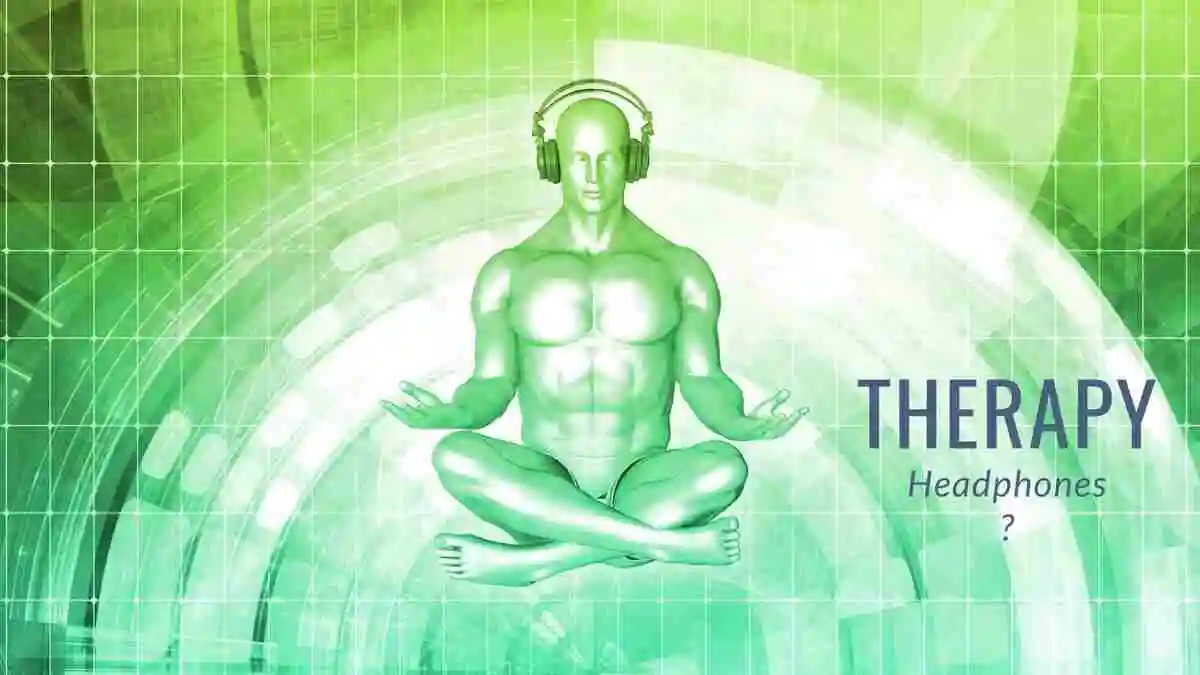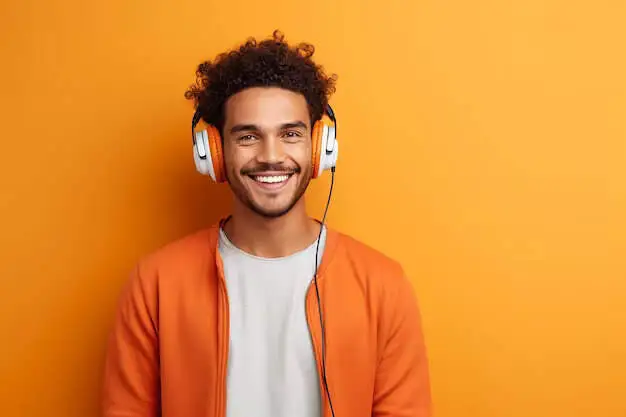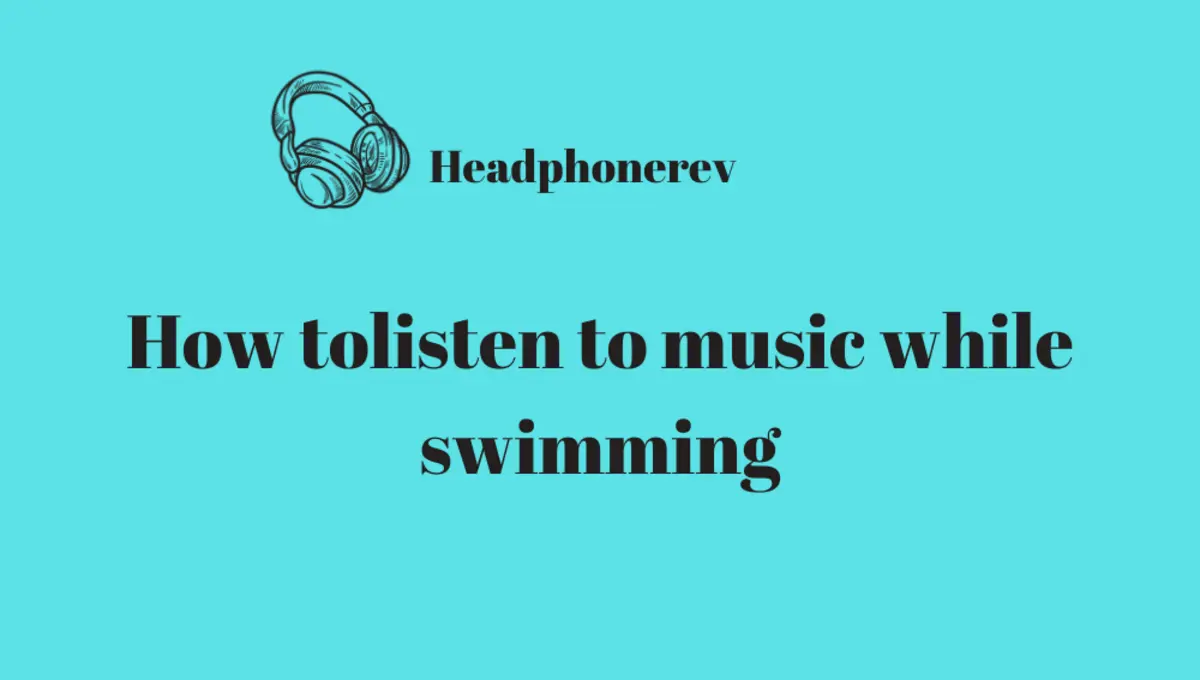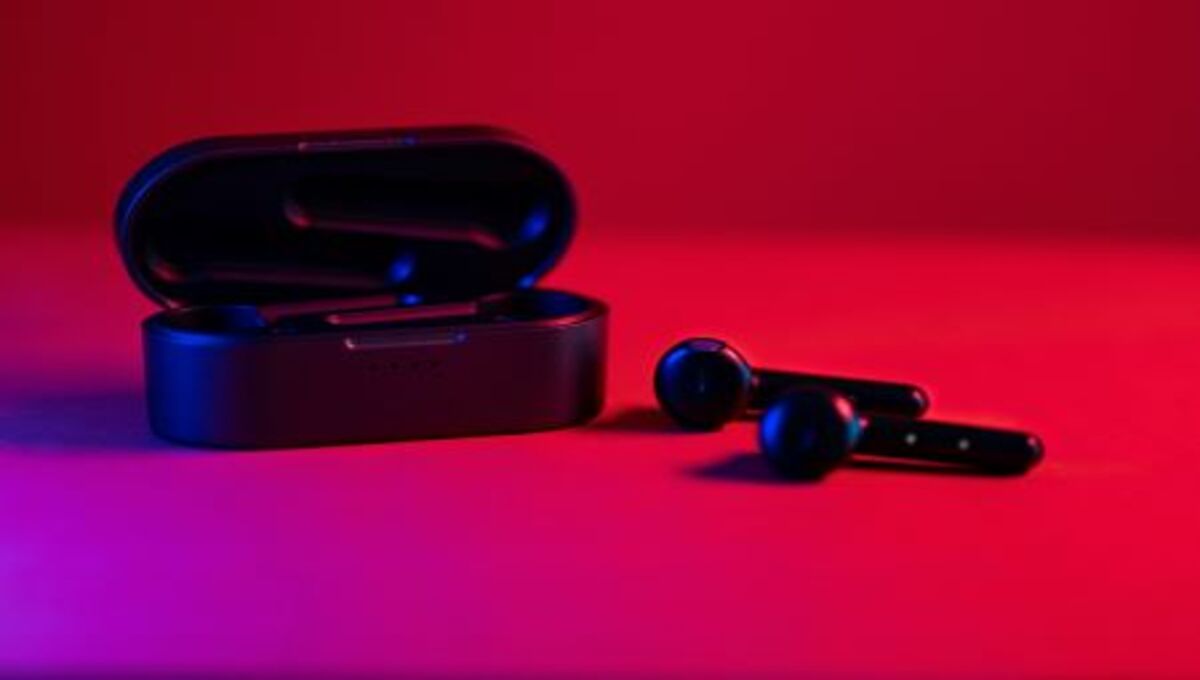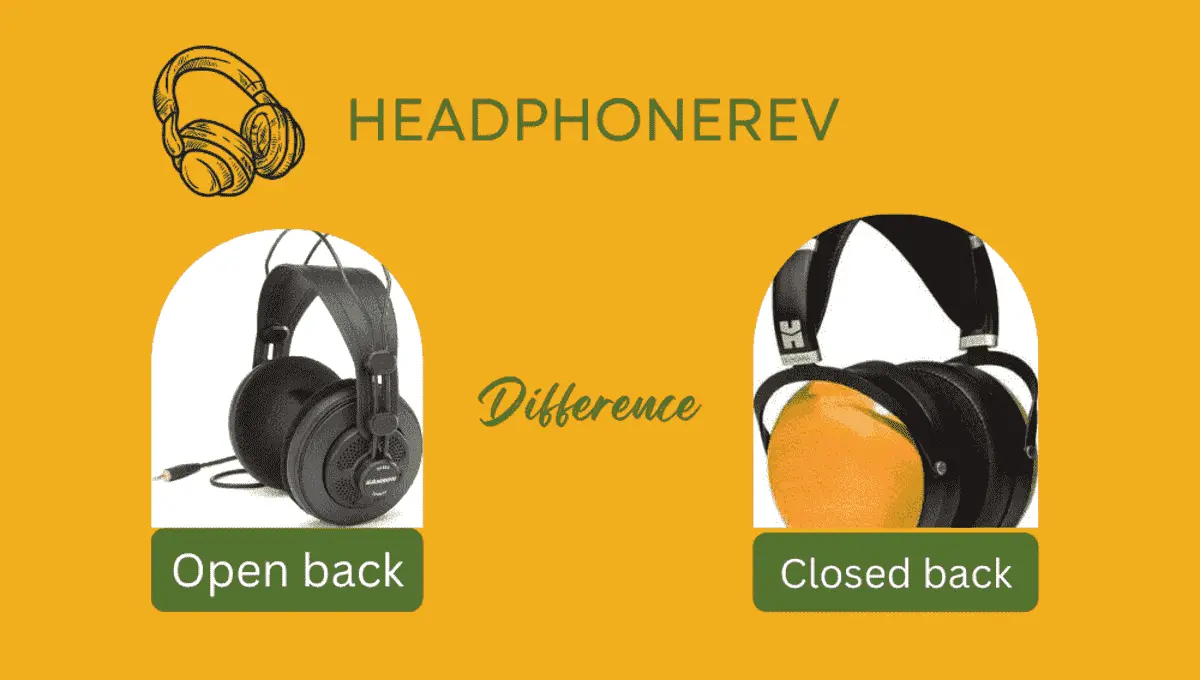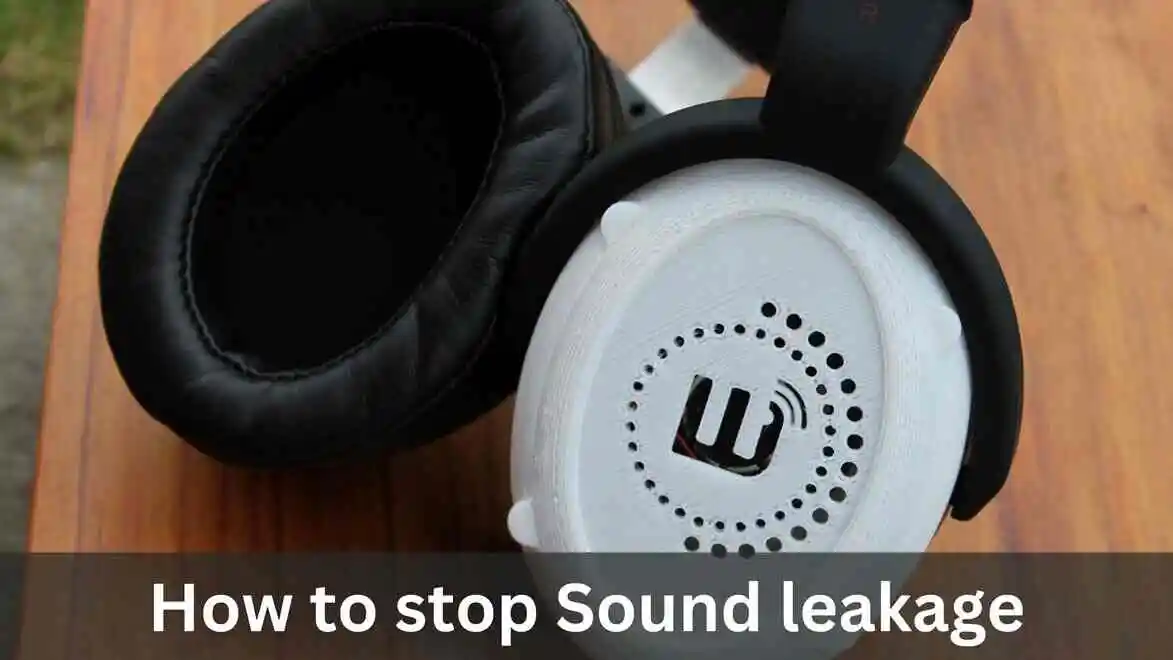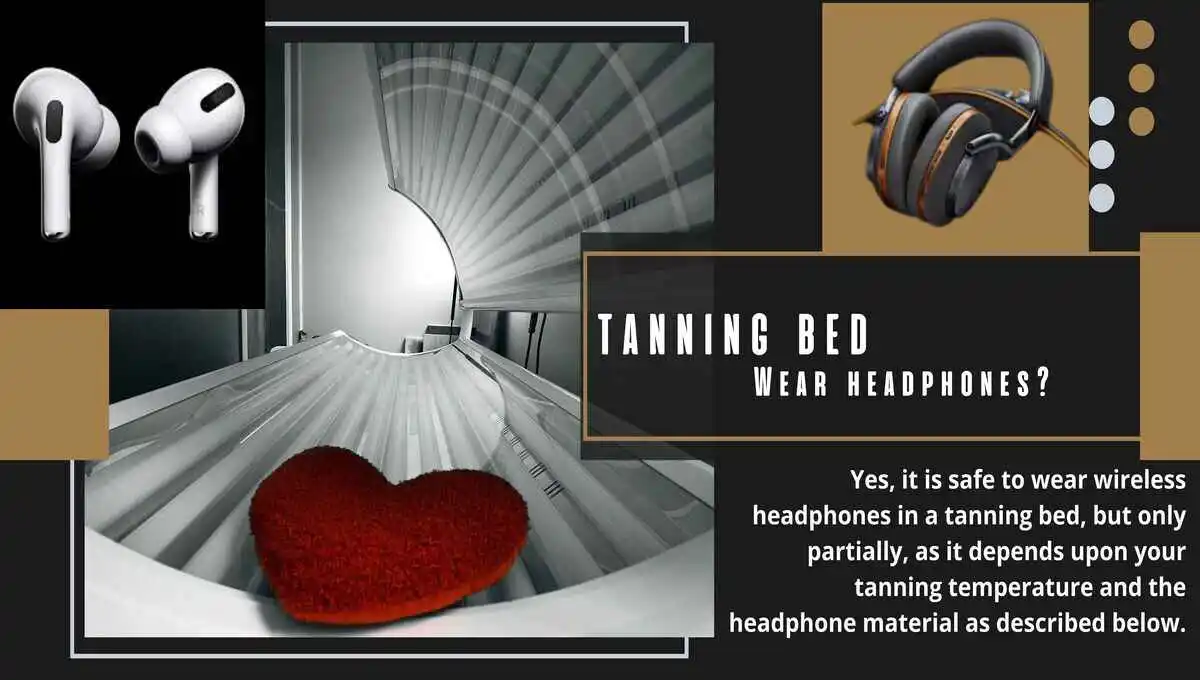Are you someone who loves to indulge in music as a way of relaxation and self-care? Have you ever heard about the latest trend of therapy headphones that can help improve mental health? If not, then it’s time to get acquainted with this innovative gadget that is taking the world by storm.
In this blog post, we’ll explore what are therapy headphones, how they work, their benefits, and some popular options available in the market. So buckle up and let’s delve deeper into this exciting topic!
What are Therapy headphones?
Therapy headphones are designed to provide a calming and immersive experience for people suffering from anxiety or stress. The headphones emit white noise or sounds of nature, which can help mask intrusive thoughts or ease racing heartbeats.
Therapy headphones can also be used to listen to guided meditation recordings or relaxing music.
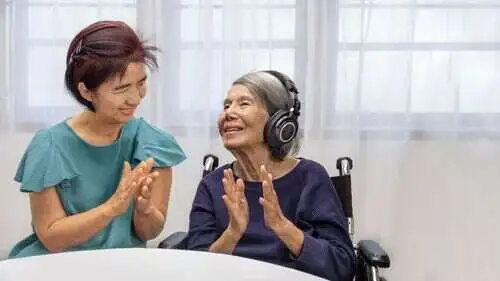
How do Therapy Headphones Work?
Therapy headphones work by delivering low-frequency pulsed electromagnetic fields (PEMF) to the brain. This stimulation has been shown to improve symptoms of depression, anxiety, and insomnia.
The therapy is believed to work by stimulating the release of neurotransmitters that promote feelings of well-being, relaxation, and improving communication between neurons.
Benefits of Therapy Headphones:
- PEMF therapy has been shown to be an effective treatment for depression, anxiety, and insomnia.
- PEMF therapy is a safe and non-invasive treatment option with few side effects.
Pros and Cons of different Therapy Headphones:
There are many different types of therapy headphones available on the market today. Each type of headphone has its own unique set of features and benefits. However, not all headphones are created equal. Some headphones are better suited for certain types of therapy than others.
Here, we will take a look at the pros and cons of three different types of therapy headphones to help you make an informed decision about which type of headphones is right for you.
Type 1: Open-Ear Headphones
Open-ear headphones are typically lighter-weight and more comfortable to wear for long periods of time. They also allow you to hear your surroundings, which can be beneficial if you need to be aware of your environment during therapy.
However, open-ear headphones can also let in outside noise, which can be distracting during treatment.
Type 2: In-Ear Headphones:
In-ear headphones provide a snug fit that helps block out external noise. This can create a more immersive experience during therapy.
However, some people find in-ear headphones to be uncomfortable after extended use.
In addition, in-ear headphones may not be suitable for all types of therapy since they can block out important environmental cues.
Type 3: Over-Ear Headphones:
Over-ear headphones provide the best sound quality and noise cancellation compared to the other types of headphones. Over-ear headphones are good for therapy.
However, over-ear headphones can be bulky and inconvenient to.
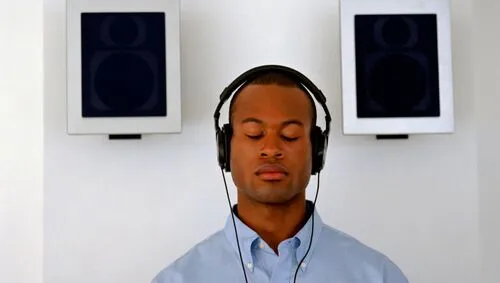
How to Choose the Right Therapy Headphones for You?
If you are looking for headphones to use during your therapy sessions, there are a few things you will want to keep in mind in order to choose the right pair for you.
- Frequency Response: 10Hz-28kHz
- Impedance: 52 ohms
- Sensitivity: 113 dB SPL
Other things to see include:
1. First, consider what type of therapy you will be using them for:
If you are doing cognitive behavioral therapy, for example, you will want headphones that allow you to hear your therapist clearly and also block out any distractions from the outside world.
If you are using them for exposure therapy, on the other hand, you will want headphones that let in some ambient noise so that you can still be aware of your surroundings.
You will want to find headphones that produce high-quality sound so you can fully immerse yourself in the experience.
2. Next, think about how comfortable you need the headphones to be:
If you are going to be wearing them for long periods of time, you will want a pair that is lightweight and won’t cause any discomfort even after extended use.
3. Finally, consider your budget:
There are many different types of therapy headphones on the market, so it’s important to find a pair that fits both your needs and your budget.
By keeping these factors in mind, you can be sure to find the perfect therapy headphones for you and your unique needs.
Best Headphones For Therapy Listening:
Here is the list of best headphones for therapy listening:
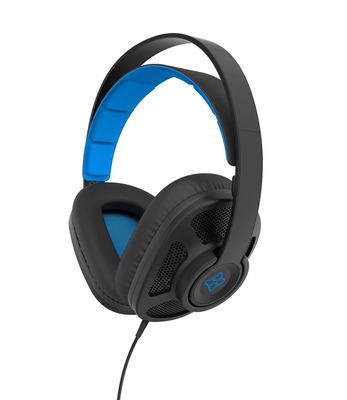
1. Vital Sounds Therapy headphone:
Experience therapy listening like never before with Sounds Headphones by Vital Sounds. Designed for both children and adults, these headphones boast a durable open-air design and immersive acoustics that will take your sessions to the next level.
The custom-fitting sling ensures optimal comfort during extended use, while the ultra-lightweight construction makes them perfect for on-the-go therapy. Trust us, once you try Sounds Headphones, you won’t want to go back to anything else!
Experience unparalleled comfort and superior sound quality with the Vital Sounds over-ear headphones. Designed to mimic the shape of your ear for a perfect fit, these headphones ensure uninterrupted therapy listening sessions every time.
The leatherette material adds a touch of luxury while making it easy to clean between uses. With detachable 3.5mm cords, you can take these headphones anywhere without worrying about tangled wires. Trust us, your ears will thank you!
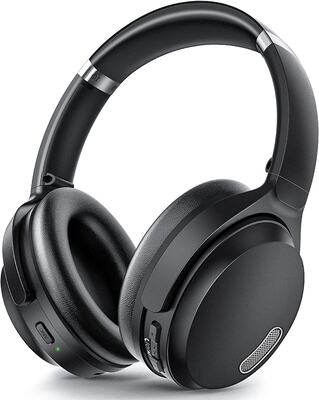
2. HROEENOI JZ02
Experience the ultimate headphone therapy with HROEENOI JZ02 - the premium noise-canceling headphones that deliver deep bass, crystal-clear sound, and 40 hours of playtime for work, travel, or phone calls.
With advanced CVC 8.0 microphone technology, wireless Bluetooth connectivity, and a comfortable over-ear design, these headphones will elevate your listening experience to a whole new level.
Why use HROEENOI JZ02 for therapy:
It covers the whole ear and can cancel noise upto 95%
Conclusion
Therapy headphones are a great way to provide mental health support in the comfort of your own home. They combine sound therapy with calming music, allowing individuals to relax and feel at ease during their sessions.
By helping you stay focused on yourself, these headphones can help reduce stress levels, improve cognitive functioning, and even alleviate anxiety or depression.
Whether it’s for personal use or as part of an ongoing treatment plan, these therapeutic tools can have a positive impact on your emotional health - so why not give them a try?
